The story of the made-up English heavy-metal band Spinal Tap is, in every way but its particulars, the story of Joe Biden. Consider the parallels: a group of not-very-bright Baby Boomers – or, in Biden’s case, a single not-very-bright old man – manage, through sheer dumb luck, to reach the peak of their professions – selling out stadiums, in the case of Spinal Tap, or being elected to assorted high offices, in the case of Biden.
Essential to the film’s success is the characters’ persistent ignorance of their own deficits in intelligence and logic
Then, as time marches on, neither the band nor the politician acquires wisdom or sagacity but merely becomes older, weaker, and ever more enfeebled.
In making the sequel to his classic 1984 mockumentary, This Is Spinal Tap, director Rob Reiner, an enthusiastic liberal, surely did not intend to draw parallels between the fictitious band and the real former president. If there was any doubt of Reiner’s political convictions, it is assuaged through the film’s single misjudged topical joke: an unfunny and completely random reference to Trump litigant Stormy Daniels.
But any attentive viewer who watches Spinal Tap II: The End Continues – an amusing, honorable successor to the original – will be struck by the obvious overlaps. The dumbness of the core band members – Nigel Tufnel (Christopher Guest), David St. Hubbins (Michael McKean), and Derek Smalls (Harry Shearer) – that was benignly comic in the first film becomes, in the second, a study in geriatric vapidity. To be simple-minded in one’s thirties, as Tufnel was when he insisted his guitar amp could be switched to 11, is merely amusing, but to be daft in one’s seventies is pitiful, too.
Reiner, who co-wrote the film with Guest, McKean and Shearer, does not shrink from the characters’ obvious obsolescence. In fact, their looming senility appears to have been the central motivating joke in the whole enterprise. Spinal Tap II spends a good chunk of its brief running time documenting the various ways in which the band members find themselves run down, adrift and increasingly operating without fully firing synapses.
In the narrative offered in the movie, Spinal Tap splintered a decade and a half earlier. The members have since pursued various solo projects in blissful ignorance of their lameness: Tufnel pays the bills by running a cheese and guitar shop; St. Hubbins makes music used as underscoring for podcasts; Smalls presides over a museum devoted to the history of glue.
Essential to the film’s success is the characters’ persistent ignorance of their own deficits in intelligence and logic. This characteristic is well illustrated in an early scene in which Tufnel, standing behind the counter of his shop, does not seem to realize that he is being swindled when he permits customers to trade blocks of cheese for rare guitars. Similarly, St. Hubbins seems proud of his blandly inoffensive “music” and Smalls speaks with reverence about the metaphorical possibilities of glue: “It’s the adhesive of human behavior,” he says.
Yet, just as Biden made it to the White House long past his prime, Spinal Tap are given an encore long past the point at which it would be likely or even desirable. This is precisely the point. In the sequel, Spinal Tap reassembles not on account of audience demand but because of an obscure provision in a contract held by their deceased manager. Thus, Tufnel, St. Hubbins and Smalls decamp to New Orleans, the site of their comeback appearance.
The film ambles along amusingly through the not-quite-frenetic run-up to the reunion – various notable drummers decline participation via Zoom interviews and a promoter attempts to improve the dexterity of the flabby, sedentary band members by hiring a trainer. The band is holed up in a residence where “ghost tours” are conducted and gator is served for dinner. The film is at its best when it openly mocks the increasingly obvious senescence of the boomers, the demographic that thought itself somehow incapable of aging.
At one point, it is suggested that the band lend its name to stairlifts and walk-in showers, and at another, it is said that their popularity would soar if one or more members died. Their senior-citizen status gives their stupidity a touching quality. When presented with a model of a prospective Spinal Tap museum that is plainly a repurposed IHOP, they seem to believe it is equivalent to the Rock and Roll Hall of Fame.
As in the original film, Reiner appears onscreen as Spinal Tap cinematic chronicler Marty DiBergi. He’s exempted from the film’s notion of boomer decline. Indeed, the movie depends on DiBergi’s mental sharpness contrasting with the hazy empty-headedness of nearly everyone around him; DiBergi must listen, with infinite reserves of forbearance, as Tufnel presents a guitar built with a secret compartment for cheese.
Above all, though, Reiner proves his vim and vigor by the very quality of Spinal Tap II, which is probably his most engaging, competently made film since his classics of the early 1990s, including Misery and A Few Good Men. “We keep bouncing back in some form or another,” St. Hubbins says, and with Reiner at the helm, who can doubt that Spinal Tap may return – even if their only remaining stage is an old folks’ home.
This article was originally published in The Spectator’s October 13, 2025 World edition.



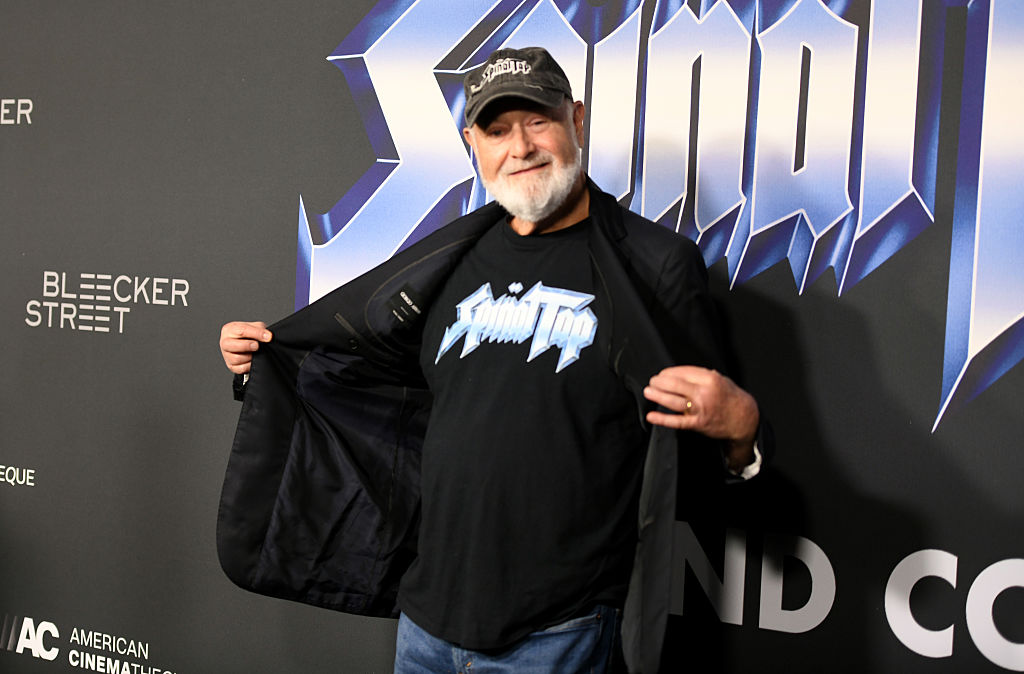








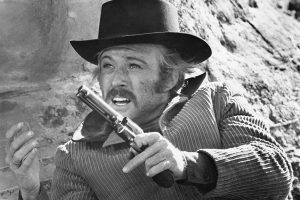
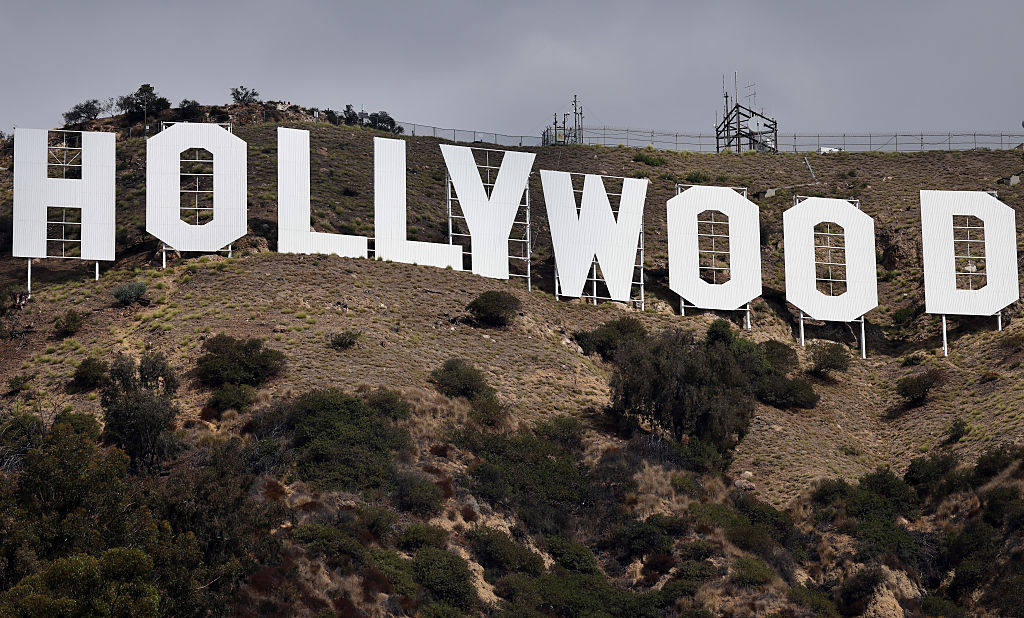
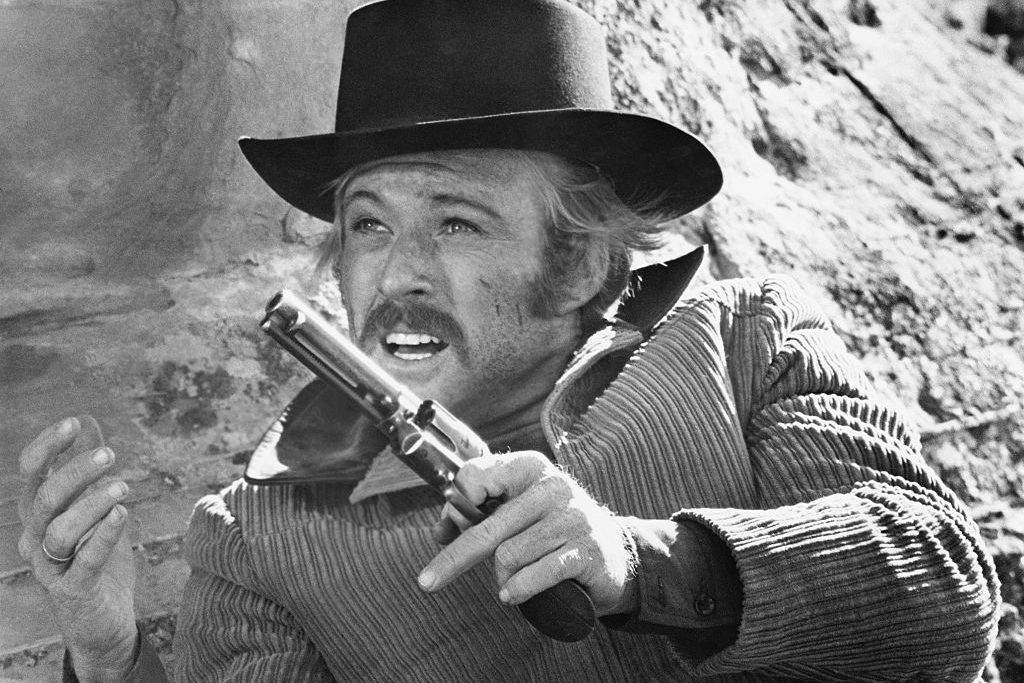


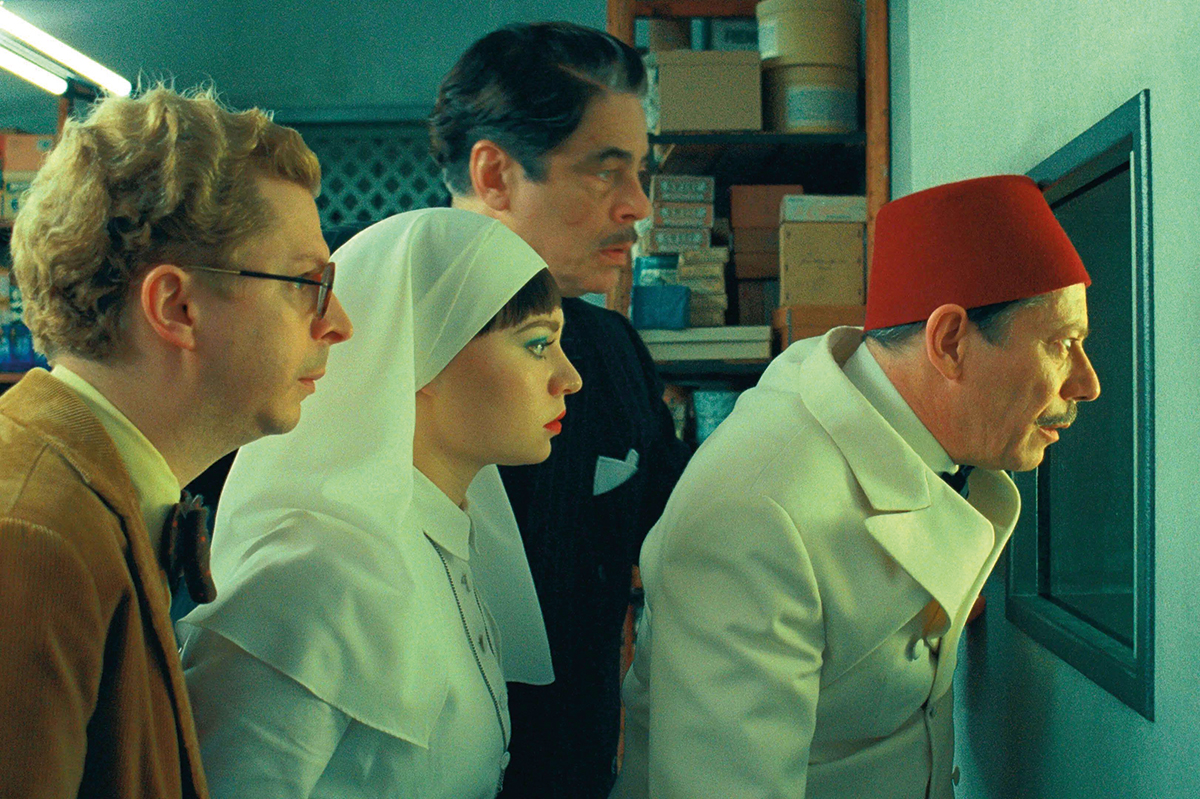
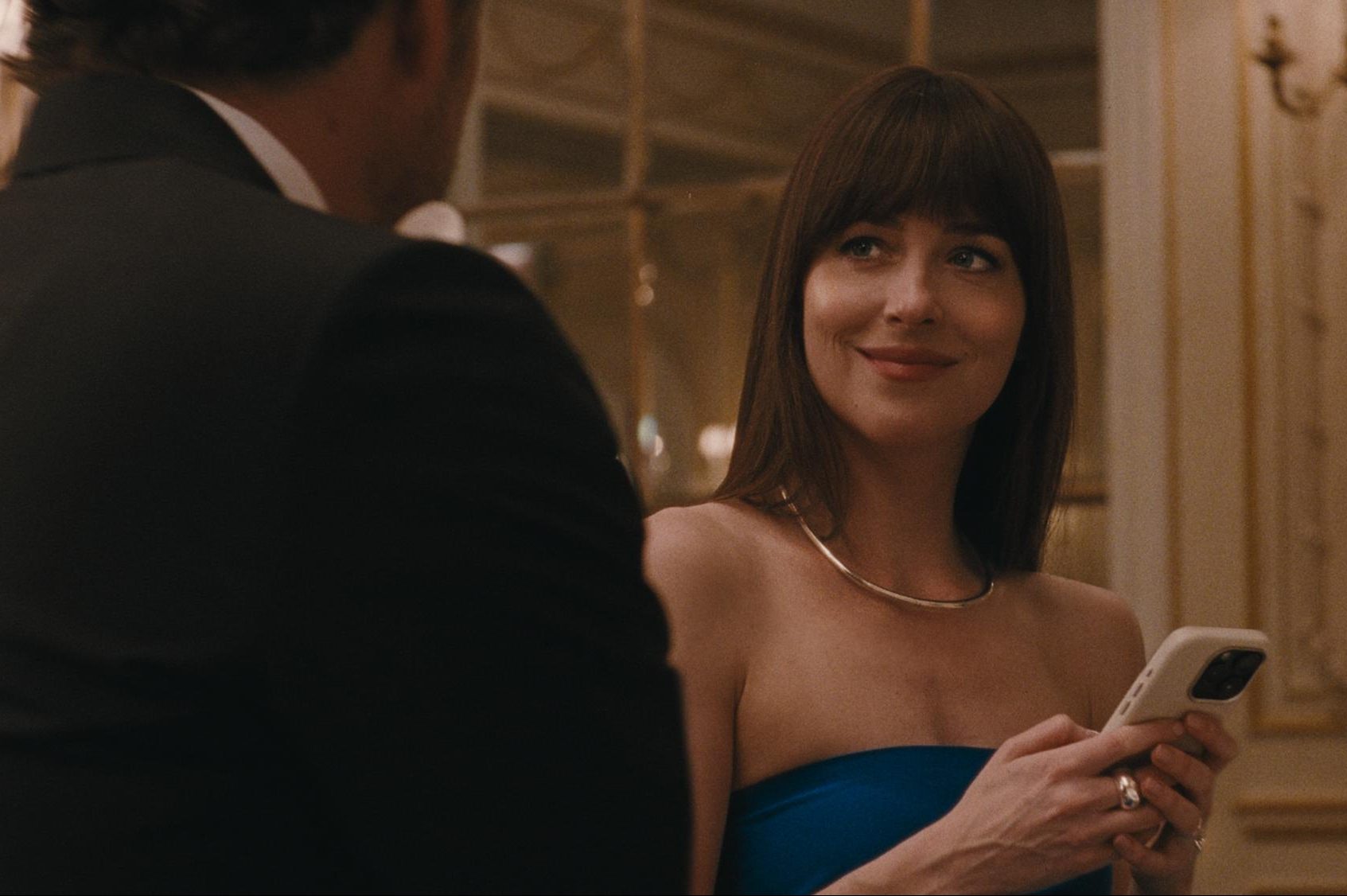







Leave a Reply